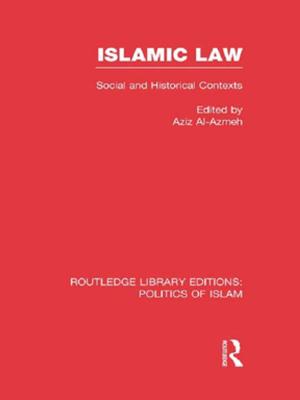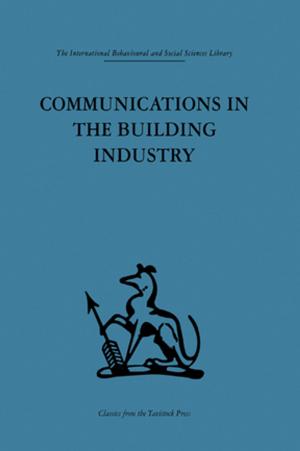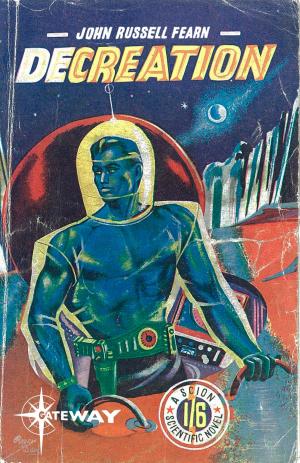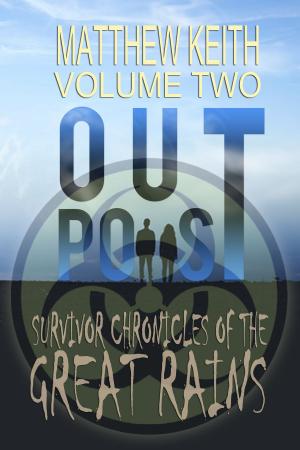Beyond Freeways: Community, Commerce, and Contention along Los Angeles's 710 Corridor
Nonfiction, Science & Nature, Science| Author: | Justin Gerdes | ISBN: | 9781310618901 |
| Publisher: | Richard Risemberg | Publication: | April 10, 2014 |
| Imprint: | Smashwords Edition | Language: | English |
| Author: | Justin Gerdes |
| ISBN: | 9781310618901 |
| Publisher: | Richard Risemberg |
| Publication: | April 10, 2014 |
| Imprint: | Smashwords Edition |
| Language: | English |
This is a report on the continuing controversy over Los Angeles officialdom's obsession with expanding and extending the 710 freeway corridor to accommodate freight traffic from the ports, despite the harm it already causes communities along the route, and in spite of the alternatives offered to more-of-the-same.
Investigative reporter Justin Gerdes and photo/video documentarian Leila Dee Dougan interview area residents, activists, transportation agency administrators, elected officers, and logistics entrepreneurs, and uncover a story of bureaucratic arrogance and grassroots desperation in the effort to roll back decades of harm imposed on the mostly poor communities along the freeway. Though it is one of the region's premier source of air pollution and traffic congestion, proposals for cleaner and more efficient facilities, and for rethinking how goods and people move through the region, are conscientiously ignored. Murky financial estimates also play a part in the story.
This is a report on the continuing controversy over Los Angeles officialdom's obsession with expanding and extending the 710 freeway corridor to accommodate freight traffic from the ports, despite the harm it already causes communities along the route, and in spite of the alternatives offered to more-of-the-same.
Investigative reporter Justin Gerdes and photo/video documentarian Leila Dee Dougan interview area residents, activists, transportation agency administrators, elected officers, and logistics entrepreneurs, and uncover a story of bureaucratic arrogance and grassroots desperation in the effort to roll back decades of harm imposed on the mostly poor communities along the freeway. Though it is one of the region's premier source of air pollution and traffic congestion, proposals for cleaner and more efficient facilities, and for rethinking how goods and people move through the region, are conscientiously ignored. Murky financial estimates also play a part in the story.















